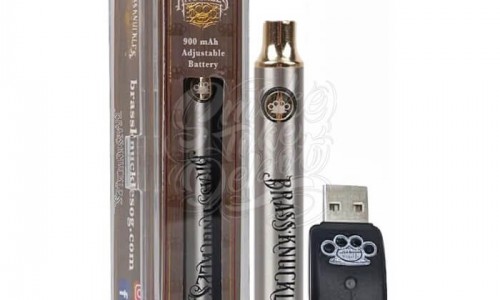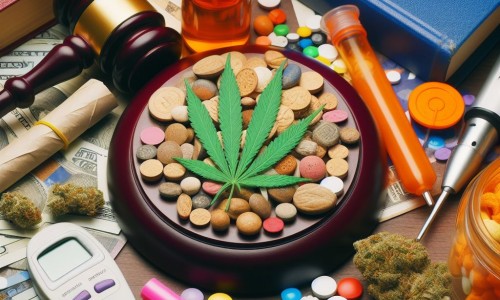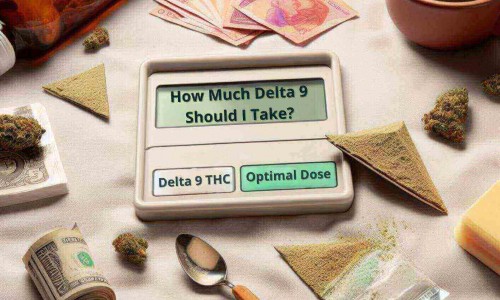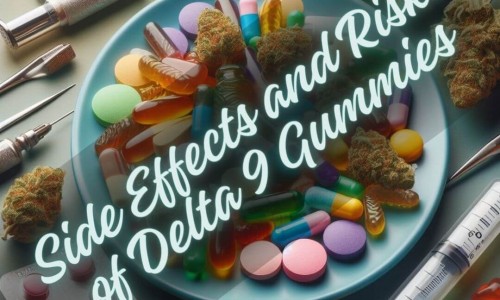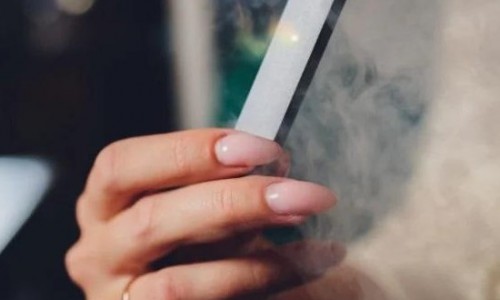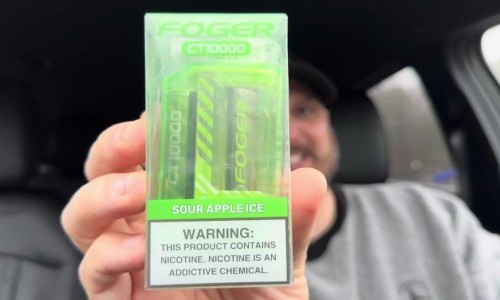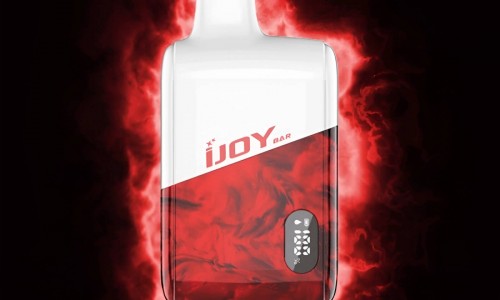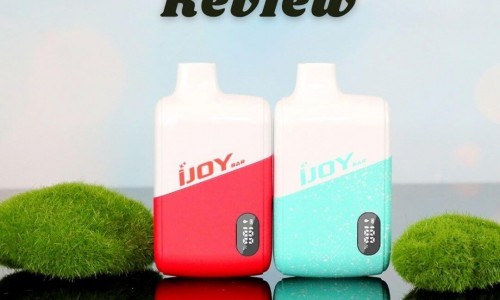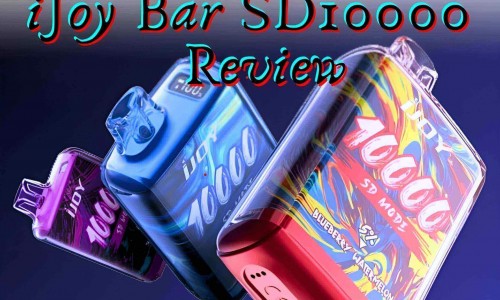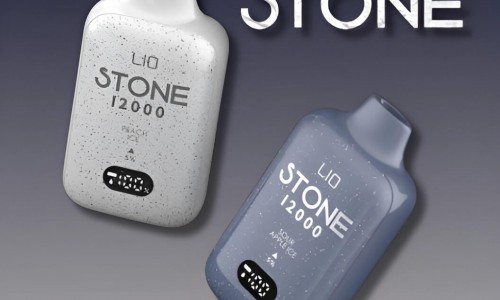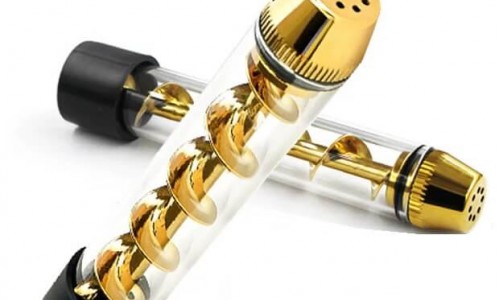Delta 8 Brands to Avoid

Delta 8 Brands to Avoid: Troubling Trends in the Weed Industry
Delta-8 Tetrahydrocannabinol, one of the compounds found in cannabis, has gained attention due to its less potent psychoactive effects than Delta-9 Tetrahydrocannabinol [Delta 9 or 9-THC]. Nevertheless, caution must be exercised when selecting Delta 8 brands, as some may pose risks to consumers. Which brand to use is your choice, but you must know Delta 8 brands to avoid.
The Rise of Delta 8
The marijuana industry has recently experienced a surge in popularity thanks to the increasing acceptance and legalization of cannabis-derived products. Delta 8 is a naturally occurring compound in marijuana, albeit in tiny quantities. Manufacturers use extraction and distillation methods to isolate and concentrate Delta 8 from hemp plants to make them accessible to consumers.
Delta 8 an Alternative to Delta 9
While Delta 8 may offer potential health benefits and be an alternative to Delta 9, consumers should know the possible dangers within the expanding Delta 8 market. The rise of Delta-8 THC can be attributed to several factors, including:
- The passage of the 2018 Farm Bill, which legalized the cultivation and sale of marijuana containing Delta-8 THC.
- The increasing popularity of CBD, which is another cannabinoid found in hemp. CBD has been shown to have several potential health benefits, and some people believe that Delta-8 THC may also have these advantages.
- The marketing of Delta-8 THC as a "legal high" is similar to THC but without the same intense psychoactive effects.
Delta 8 Brands to Avoid
There are several Delta 8 brands that you should avoid. These brands are often associated with poor-quality products, misleading labeling, and a lack of transparency. Some of the most notable Delta 8 brands to avoid include
Catskill Hemp Co.
The Catskill Hemp Co. brand has been accused of selling Delta 8 products that contain high levels of pesticides and other contaminants.

Cosmo Brand
The Cosmo brand has appeared on the list of Delta-8 brands to avoid because it lacks transparency about its products. Cosmo does not provide third-party lab results for its Delta 8 products, making it difficult to know what you are getting.
Delta XL Brand
The Delta XL brand has been accused of selling Delta 8 mislabeled products. Delta XL contains lower levels of Delta 8 THC than advertised.
Dr. Zaza Brand
The Dr. Zaza brand has received numerous complaints about its Delta 8 products. It is on the list of Delta-8 brands to avoid because its products have been reported to cause adverse side effects, such as nausea, vomiting, and anxiety.
Earthbound Hempz Brand
The Earthbound Hempz brand has been accused of selling Delta 8 products not made with hemp. Earthbound Hempz's products have been found to contain synthetic cannabinoids, which are not legal in most states.
Hydro Hemp Brand
The Hydro Hemp brand has been criticized for lacking product transparency. Hydro Hemp does not provide third-party lab results for its Delta 8 products, making it difficult to know what you are getting.
Miracle Leaf Brand
The Miracle Leaf brand has been accused of selling Delta 8 mislabeled products. Miracle Leaf's products have been found to contain lower levels of Delta 8 THC than advertised.
Palm Trees Brand
The Palm Trees brand has received numerous complaints about its Delta 8 products. The Palm Trees products have been reported to cause adverse side effects, such as nausea, vomiting, and anxiety.
Regulation Concerns
One of the main concerns why the list of Delta 8 brands exists is the need for consistent regulation. The industry's young and rapidly evolving nature has resulted in loose regulations, allowing unreliable and unscrupulous manufacturers to enter the market. Minimal oversight poses a risk of consistency in potency, purity, and overall product safety. This lack of standardization raises significant concerns for consumers, who may inadvertently purchase Delta 8 products of questionable quality.
Quality Control
There are some quality control concerns surrounding Delta-8 THC products. These concerns include:
- Lack of standardization: There is no standardized way to produce Delta-8 THC, and the concentration of Delta-8 THC in products can vary widely. That can make it difficult for consumers to know how much Delta-8 THC they consume.
- Potential for contamination: Delta-8 THC products can be contaminated with other cannabinoids, pesticides, or harmful substances. That is because the production of Delta-8 THC is often done in unregulated settings.
- Mislabeling: Delta-8 THC products are often mislabeled. That means the products may contain more or less Delta-8 THC than advertised.
The FDA has warned consumers about the potential risks of Delta-8 THC products, and some states have banned or restricted the sale of these products. Consumers must research and only purchase Delta-8 THC products from reputable sources.
Hidden Legal Ambiguities
Another cause for concern arises from legal ambiguities surrounding Delta 8. While Delta 9 THC remains highly regulated and illegal in many states, Delta 8, with its slight chemical difference, falls into a legal grey area when derived from hemp. This ambiguity has led some companies to take advantage of the situation, flooding the market with subpar Delta 8 products. Explore the best Delta 8 brands for convenience.
What is the Definition of Hemp
The lack of clear and robust regulations creates an environment where unscrupulous manufacturers can thrive, potentially compromising consumer health and safety. One of the central legal ambiguities surrounding Delta 8 is the definition of "hemp."
The federal Farm Bill of 2018 defines hemp as any cannabis plant that contains less than 0.3% Delta 9 THC. However, the Farm Bill does not mention Delta 8 specifically.
Local Legalize Laws
The lawful status of Delta 8 needs to be clarified at the state level. Some states have explicitly legalized Delta 8, while others have banned it. In states where the legal status of Delta 8 is unclear, it's possible that you could be arrested or prosecuted for possessing or selling it.
Lack of Transparency and Accountability
Additionally, many Delta 8 brands need more transparency and accountability. Consumers must often be aware of the specific extraction methods, sources of raw materials, and potentially harmful solvents used during manufacturing. This lack of transparency exposes consumers to vulnerability and hinders the ability to hold manufacturers accountable for their actions, leading to a problematic lack of responsibility within the Delta 8 industry. Also, read the article What is delta 9, to get more information about delta 8.
Mislabeling and Inaccurate Claims
Many brands within the Delta 8 market engage in mislabeling and inaccurate claims to attract consumers. Due to inconsistent testing and quality assurance standards, products may be mislabeled regarding potency, purity, and other factors. This deceitful practice undermines consumer trust and raises concerns about the content and potential adverse reactions associated with Delta 8 products.
- Mislabeling- there have been reports of Delta-8 THC products being mislabeled. That means the products may contain more or less Delta-8 THC than advertised. Some products may even contain Delta-9 THC, which is illegal in some states.
- Inaccurate Claims- there have also been concerns about false claims about the health benefits of Delta-8 THC. Some companies have claimed that Delta-8 THC can treat various medical conditions, but no scientific evidence supports these claims. The FDA has issued warnings to companies making false claims about the health benefits of Delta-8 THC.
- Consumer Safety- the mislabeling and inaccurate claims about Delta-8 THC can pose a safety risk to consumers. If a product is mislabeled, consumers may not know how much Delta-8 THC they consume. That could lead to adverse side effects like anxiety, paranoia, and vomiting.

-400x250w.jpg)

-500x300w.jpg)


